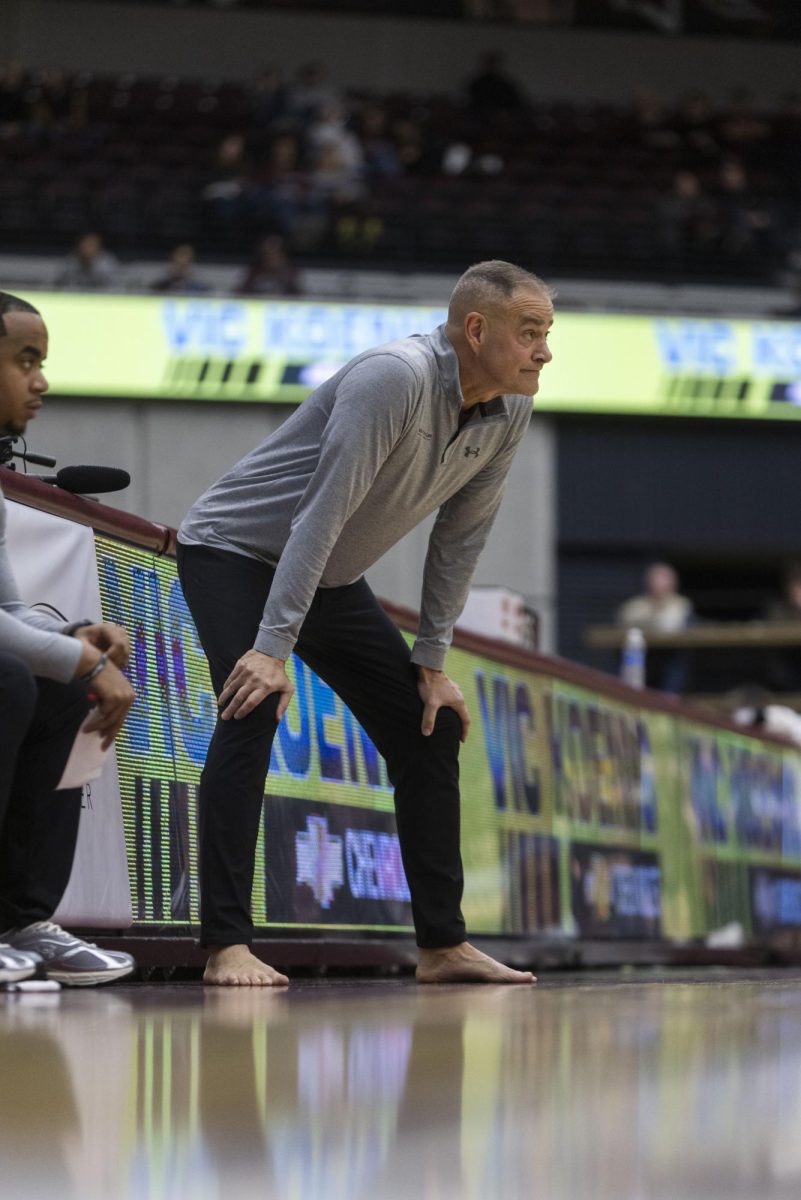1.2 million college students drink alcohol on a typical day, and more than 703,000 use weed
May 28, 2016
There’s a lot more going on at U.S. colleges these days than just studying.
On any given day, 1.2 million full-time students are drinking alcohol and more than 703,000 are using marijuana, according to a report released Thursday by the U.S. Substance Abuse and Mental Health Services Administration.
More than 2,100 of these students are drinking for the first time, and about 1,300 are getting their first taste of weed.
Advertisement
An additional 239,000 part-time college students drink alcohol on a typical day, and 195,000 of them use marijuana.
The estimates come from data collected between 2011 to 2014 by the National Survey on Drug Use and Health, which tracks substance use among Americans. About 25,400 college students participated in the survey, representing about 9 million full-time students and 2 million who take classes part time.
The results suggest that roughly 60 percent of full-time college students drank alcohol at least once in the past month. That includes the 39 percent who engaged in binge drinking — which SAMHSA defines as consuming at least four drinks on one occasion for women and at least five for men — and the 13 percent who said they had been binge-drinking at least five times in the last 30 days.
On the days that full-time college students do drink, the average number of beers, cocktails and shots of liquor consumed on a typical day was about four.
Marijuana was the most widely used illicit drug, but there were many others, according to the report. About 11,300 full-time college students used cocaine on an average day, 9,808 used hallucinogens such as LSD or ecstasy, and more than 4,500 said they used heroin. These figures included 447 first-time cocaine users and 649 who tried hallucinogens for the first time.
The authors of the report also noted that, on an average day, 559 full-time college students abused prescription pain relievers for the first time, and 415 tried stimulants recreationally.
“I think it’s important to remind folks that these are still substances that get used by college students,” said David Dean, a SAMHSA behavioral research scientist who specializes in adolescent and young adult health.
Advertisement*
Although college students may be legal adults, their brains are still maturing, noted Dean, who didn’t work on the new report.
“There’s still a great deal of neurophysiological development that’s going on in the early 20s,” he said. “What we know is that using substances like alcohol, marijuana and any of the other illicit drugs captured (in the survey) can affect both short-term and long-term health and behavior.”
(c)2016 Los Angeles Times
Visit the Los Angeles Times at www.latimes.com
Distributed by Tribune Content Agency, LLC.
Advertisement







